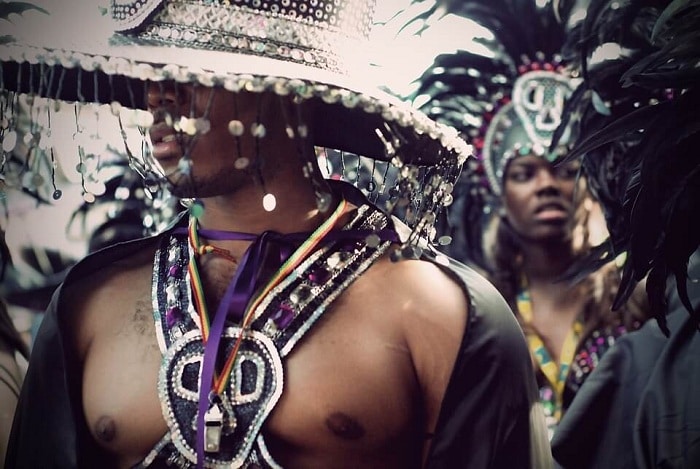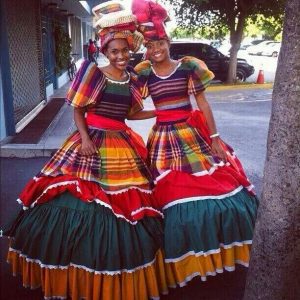Mystical Jamaican Tradition from Birth until after death can be traced back hundreds or even thousands of years. The beliefs of Jamaicans are just as spectacular and fascinating as the island itself. As you speak to the elderly, you can get a better understanding of the history.
Jamaican Traditions and Customs
Jamaicans strongly believe spirits survive our body’s death and can become lost on their way to the other world. They generally can be seen as evil or at least dangerous after their death.
To protect themselves from lingering spirits, Jamaicans hang corn and other repelling stuff above their doors and windows. To prevent spirits from following them into their homes, some natives also enter their houses backwards.
Jamaican Traditions: Pregnancy & Birth
Elders believe pregnant women who drink lot of milk during pregnancy will give birth to a light skin child. In addition, craving oranges and not eating them is thought to leave an orange-shaped birthmark on the newborn.
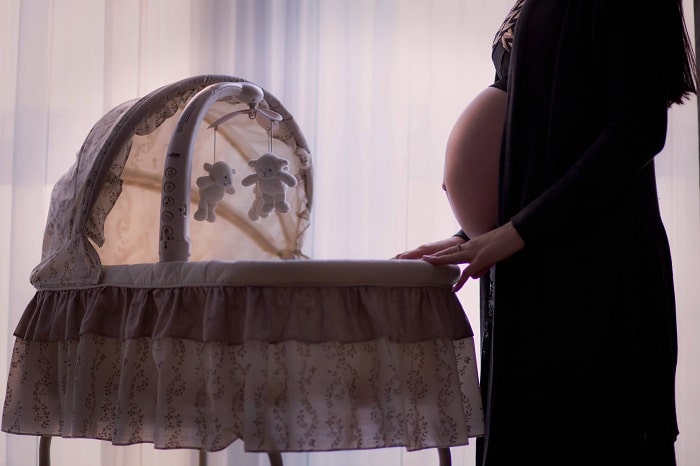
When a baby is born in a Jamaican family, relatives will bury his or her umbilical cord. After burying it, the family will plant a tree on that site. The baby will always have a connected to his or her birthplace. This tradition is deeply embedded into the natives that believe in those values. They often return to their homeland and support their country and people like few others do.
Parents will tie a piece of red string around their child’s arm to keep evil spirits away. Many young parents avoid cutting their child’s hair before he or she starts to speak. The fear is that it might somehow delay this process. The christening gown is made out of the wedding dress of the baby’s mother.
Jamaican Traditions: Weddings & Marriage
A traditional Jamaican wedding is short when compared to other cultures, but this does not mean it’s cheaper. They also enjoy luxury and prosperity on their wedding day. Jamaican wedding traditions are similar to ours in many ways.
Guests often send their gifts in advance and a common one is eggs – a basic ingredient for the wedding cake. This item has a great significance and traditionally contains lots of fruits and rum. Preparations for making the wedding cake begin as soon as the young couple’s announce their engagement. The groom’s grandmother begin to soaks fruits in white rum. A week before the wedding, the bride’s grandmother bakes the cake. The cake is carried to the venue the day of the wedding.
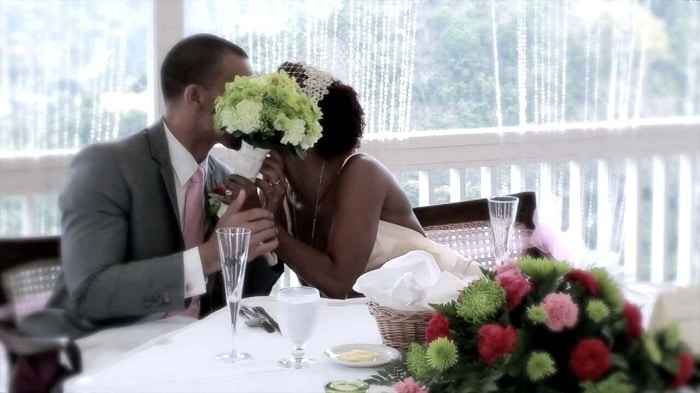
Jamaicans they are known for their hospitality – which does not take a break on their wedding day. Everyone is welcome to a traditional wedding, whether they were invited or not. People sometimes stop by and join the celebration. This will mostly happen when the celebration is outdoors.
As for the social life after the wedding, parents start asking when are they going to get the grandkids.
Traditional Jamaican Recipes
Jamaican traditional food portrays the country’s diversity and tormented history incredibly well. European and African influences lead, in time, to a multitude of spices, flavors, and cooking techniques. Traditional Jamaican dishes are usually spicy and contain plenty of aromatic herbs and seasonings.
The national dish of Jamaica is Ackee and Saltfish and contains the rare Ackee fruits and fish. This dish can be served as a traditional Jamaican breakfast, lunch, or dinner. Traditional Jamaican food generally contains plenty of exotic fruits, fish, goat meat, beef, chicken, oxtail, or seafood. Food preparation practices include air or sun drying, macerating, or soaking them in alcoholic drinks.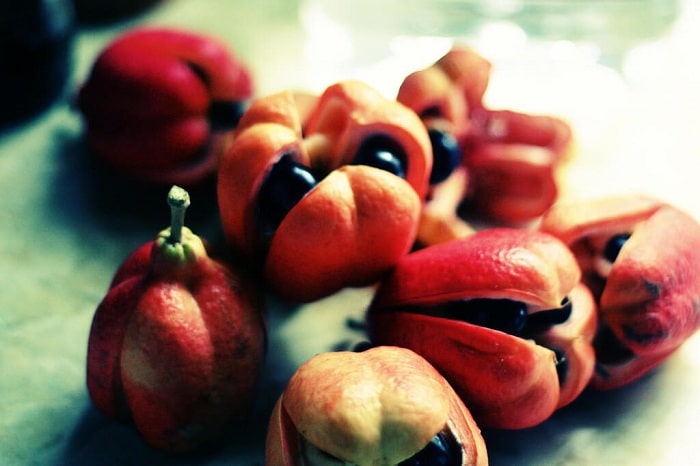
Jamaican Traditions: Death & Funeral
The Nine Night ceremony calls for all relatives and friends of the deceased to meet in his or her home. During that period everyone eats, drinks, sings, and talks about old times. The first 8 nights can be seen as jolly events by foreigners. The last night, however, is much more solemn. In the ninth night, friends and relatives only sing farewell songs. They serve the spirit a last meal, which is placed under a silk-cotton tree.
Death rituals are always performed in the deceased’s home. When the body is removed, relatives or friends will often sweep behind. This will ensure that the spirit will not linger in this world much longer. Relatives will rearrange the furniture and flip the bed mattress. They also redecorate the house to make sure the spirit no longer recognizes the room and leaves this world.
Widows will tie a red string around their waist and/or wear red underwear. This will prevent their husband’s spirit from following or hurting them.
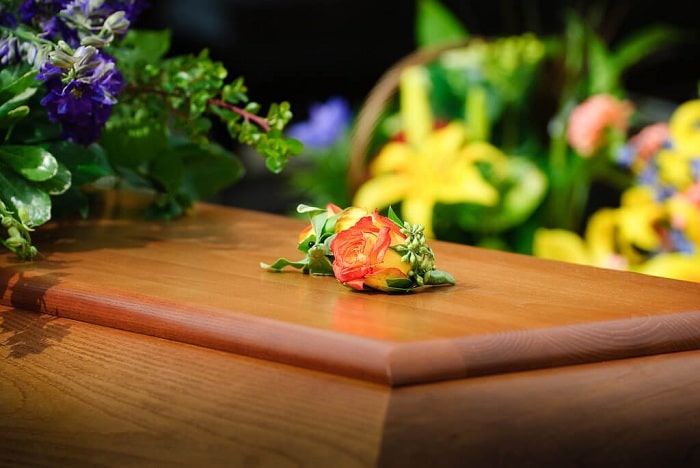
Traditional Jamaican Clothing
Jamaican traditional clothing blends African and European fashion from the last few decades. Therefore, it’s safe to say the diversity is staggering and often reflects the country’s cultural diversity. Native clothing items or habits have not been lost but enhanced by the multiple outside influences and interferences. Traditional Jamaican clothes are made out of cotton and other fibers that help the body stay cool.
The Jamaican traditions are not very restrictive when it comes to clothing. Folks were the attire that best fits the occasion. Men wear short or longs sleeved shirts and shorts or long pants. Rastafari mostly wear long pants and long sleeve shirt.
Women usually wear skirts with tops and can also be seen wearing headscarves. Also known as the bandana dress, the Jamaican traditional dress also is the folk costume of Haiti and Dominica. The most used patterns are plaid and madras, which most often come in white, red, green, or other bright colors. The Quadrille dress with the plaid and bright colors. This dress is a famous Quadrille dance, an old Jamaican tradition from the 18th Century.

